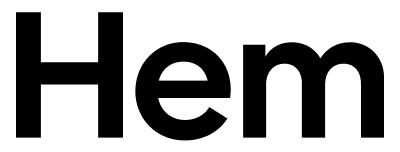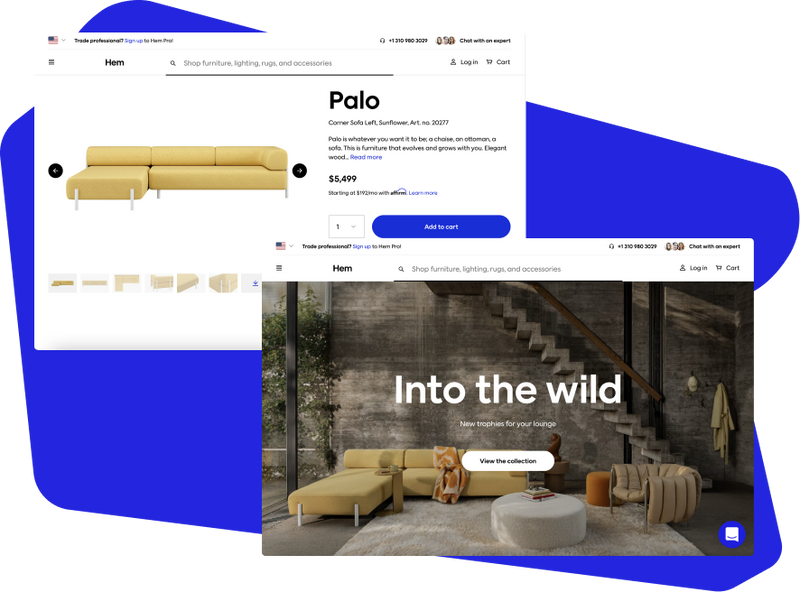Photography: Peter Guenzel
Jenny Nordberg’s approach to design is compelling. She terms her habit of creatively adapting industrial techniques in her workshop ‘counter strategies’. Convictions on issues such as environmental responsibility inspire these alternative ways of making, along with a fierce independence and desire to work freely. Yet these motivations and methods never eclipse Nordberg’s ability to make covetable objects. Instead, they are the motivations behind a catalogue of desirable, decorative designs.

|
Projects such as Rapid Handmade Production are a perfect demonstration of Nordberg’s way of working. Begun in 2014, the ongoing project saw Nordberg turn a critical eye on the contemporary conditions of production, in particular contemplating the value of manufacturing time. She produced a series of works that were produced swiftly, creating a performance from their making. One design from the series in particular, Mirrors, has gone on to become a seminal work. Increasingly, Nordberg has focused on surmounting the difficulty of finding collaborator manufacturers who are willing to experiment and work creatively. She has slowly and carefully developed an inventory of adapted industrial processes in her studio workshop, thereby taking full control of every production. Industrial techniques like welding, metal-casting are achievable, and subject to playful reinterpretation. The Powder Vases, commissioned for Hem, use just such a creatively adapted industrial technique.
 |
 |
“I’ve had a life-long interest in different production techniques and curiosity for how things are made and as a trained industrial designer, knowledge of production is the foundation of my practice. The urge to explore and tweak different production techniques has always been present in my work. Gathering a lot of different production facilities in my studio allows me to experiment and move beyond how things are traditionally done. This is also the case with the powder-coating technique for the Powder Vases; I had to buy my own powder coating station to be able to explore the things I wanted.”
 |
Commonly, powder coating is used as a means of achieving a uniform finish on a metal surface: A smooth, unbroken, texture masking blemishes or joins and adding a protective layer. Nordberg has turned that industrial convention on its head and instead has explored the expressive qualities of powder-coating. Her process involves applying the powder by hand before carefully shaking the vase, encouraging the powder to move naturally across the surface of the metal. The next step is pleasingly reminiscent of baking as Nordberg places the vase on a baking tray and ‘cooks’ it in a domestic oven. The process embraces chance, celebrating the uniqueness of each hand-made surface that Nordberg describes as a “moiré-like effect that sometimes almost resembles a seabed”.
 |
 |
 |
The products in this limited edition all explore the idea of decoration and ornamentation. Stylistically, Nordberg’s work is characterized by brutalism and minimalism combined - the Powder Vases are no exception to this with their powerfully sculptural welded forms. “Being decorative is a function” Nordberg says when asked what a decorative accessory should do. Yet in her work decorative qualities are never the first ambition, but always a by-product of a tireless experimentation into the means of making. “Everything I do is based on strong political ideas. I don’t believe in global mass-production or in the current form of capitalism. Throughout my career, I have turned down numerous collaborations where I didn’t see a shared value of sustainable production or consumption, Instead, I focus my attention on projects that are long lasting – those that reclaim materials and are engaged locally.”
Hooray for that.
 |


